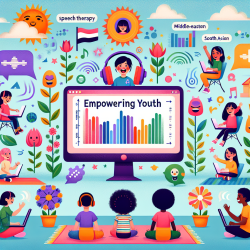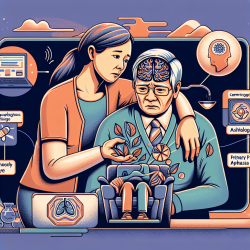Unlocking the Potential of Mindfulness in Schools
In today's fast-paced world, mindfulness has emerged as a powerful tool to enhance students' well-being. A recent study titled "Effects of school-based mindfulness intervention on health-related quality of life: moderating effect of gender, grade, and independent practice in cluster randomized controlled trial" sheds light on the transformative impact of mindfulness programs in schools.
The Study: A Closer Look
The study involved 3,519 Finnish students aged 12-15, who were divided into three groups: a mindfulness intervention group, an active control group practicing relaxation, and an inactive control group. Over nine weeks, students participated in mindfulness sessions designed to improve emotional awareness and self-regulation.
Key Findings
- Mindfulness significantly improved students' Health-Related Quality of Life (HRQoL) compared to the active control group.
- Girls, 7th and 8th graders, and students who practiced mindfulness independently showed the most significant improvements.
- The benefits of mindfulness were more pronounced for girls, highlighting the potential for gender-specific interventions.
Implications for Practitioners
For educators and therapists, these findings underscore the importance of integrating mindfulness into school curricula. Here are some practical steps to consider:
- Tailor Programs: Consider gender and developmental stages when designing mindfulness programs to maximize their effectiveness.
- Encourage Independent Practice: Foster a culture of regular mindfulness practice among students to enhance long-term benefits.
- Evaluate and Adapt: Continuously assess the impact of mindfulness interventions and adjust strategies to meet students' evolving needs.
Further Research Opportunities
While the study provides valuable insights, it also opens doors for further research. Future studies could explore:
- The long-term effects of mindfulness on students' academic performance and social skills.
- How mindfulness can be adapted for different cultural contexts and educational systems.
- The role of technology in supporting mindfulness practices among students.
To read the original research paper, please follow this link: Effects of school-based mindfulness intervention on health-related quality of life: moderating effect of gender, grade, and independent practice in cluster randomized controlled trial.










